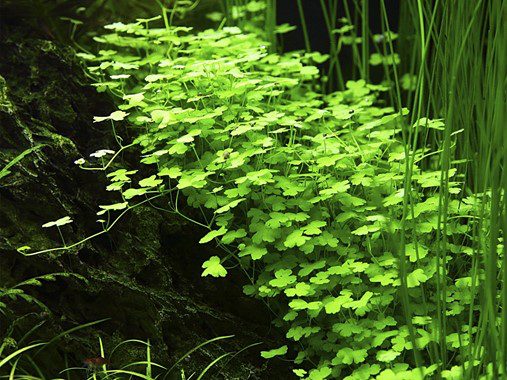 |
Additional Varieties : Acorus grameus aures (Golden Tap rush) ✦Difficulty Beginner ✦Substrate Plain washed Gravel ✦Lighting Not critical ✦pH value 6.8 - 7.2 ✦Water Hardness 10-15ºdH ✦Temperature 18-24ºC ✦Hight Up to 30cm ✦Suggested position Mid / Back ground✦Difficulty Beginner ✦Substrate Plain washed Gravel ✦Lighting Not critical ✦pH value 6.8 - 7.2 ✦Water Hardness 10-15ºdH ✦Temperature 18-24ºC ✦Hight Up to 30cm ✦Suggested position Mid / Back ground |
|
|
|
|
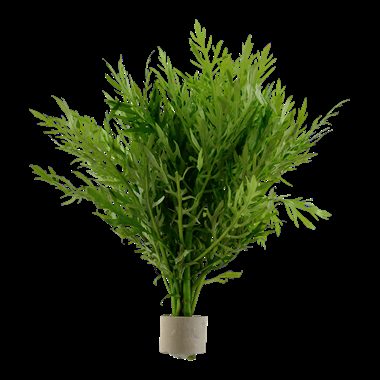 |
Ammania pedicellate |
|
|
|
🛑 Rare/Limited |
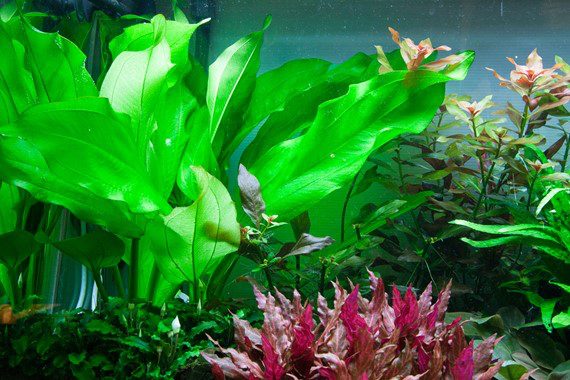 |
ANUBIAS BARTERI COIN LEAF Plantation Zone: Middleground Height: 15-30 cm |
|
|
|
|
 |
ANUBIAS BARTERI NANA Plantation Zone: Foreground |
|
|
|
|
 |
ANUBIAS BARTERI Plantation Zone: Middleground Height: 15-40 cm |
|
|
|
|
 |
ANUBIAS BARTERI Var. BARTERI Plantation Zone: Background Height: 20-45 cm |
|
|
|
|
 |
ANUBIAS BARTERI Var. GLABRA Plantation Zone: Middleground |
|
|
|
|
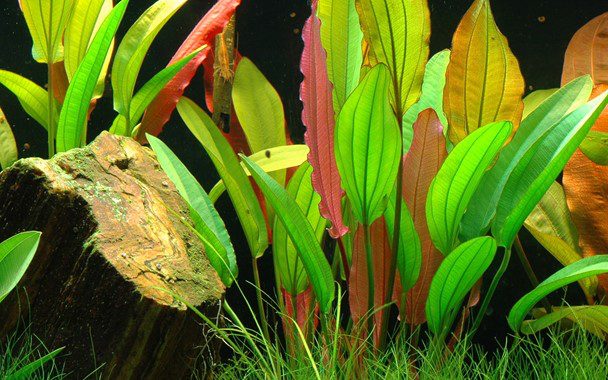 |
ANUBIAS COFFEFOLIA Plantation Zone: Middleground Height: 10-25 cm |
|
|
|
|
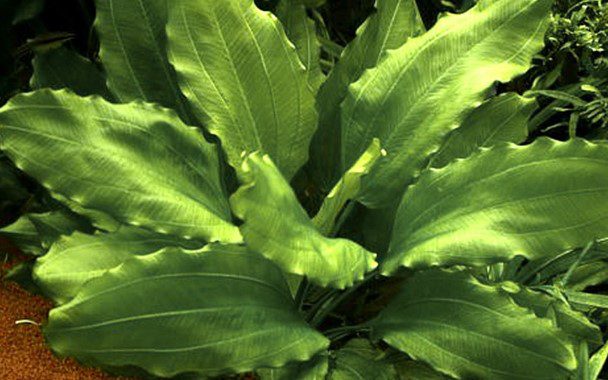 |
ANUBIAS CRISPUS Plantation Zone: Middleground Height: 20-40 cm |
|
|
|
|
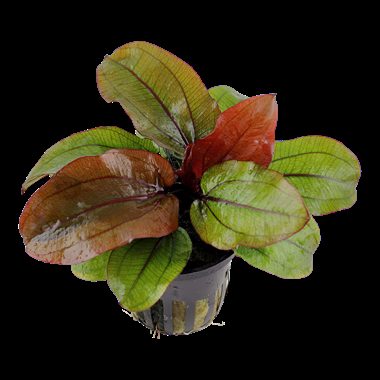 |
ANUBIAS GRACILIS Plantation Zone: Background Height: 10-50 cm |
|
|
|
|
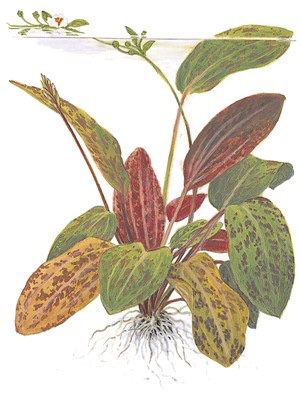 |
ANUBIAS HASTIFOLIA Plantation Zone: Background Height: 30-50 cm |
|
|
|
|
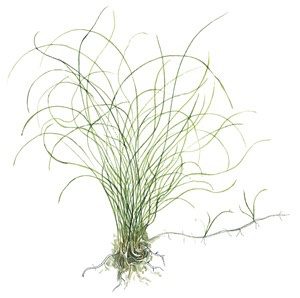 |
ANUBIAS HETEROPHYLLA Plantation Zone: Background Height: 20-50 cm |
|
|
|
|
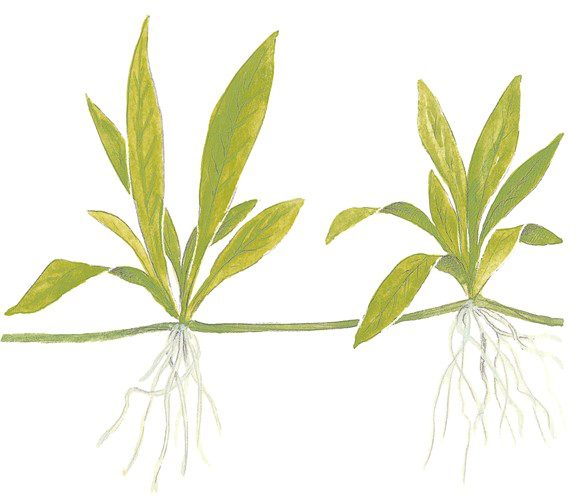 |
ANUBIAS LANCEOLATA Plantation Zone: Background Height: 20-50 cm |
|
|
|
|
 |
ANUBIAS MINIMA Plantation Zone: Middleground Height: 20-25 cm |
|
|
|
|
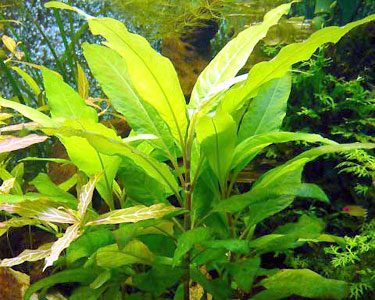 |
ANUBIAS NANA BONSAI Plantation Zone: Foreground Height: 1-5 cm |
|
|
|
|
 |
ANUBIAS NANA GOLD Plantation Zone: Foreground Height: 5-10 cm |
|
|
|
|
 |
ANUBIAS NANA MICRO Plantation Zone: Foreground Height: 1-8 cm |
|
|
|
|
 |
ANUBIAS NANA MINI Plantation Zone: Foreground |
|
|
|
|
 |
ANUBIAS NANA PANGOLINO Plantation Zone: Foreground Height: 1-3 cm |
|
|
|
|
 |
ANUBIAS NANA PINTO Plantation Zone: Foreground Height: 5-10 cm |
|
|
|
|
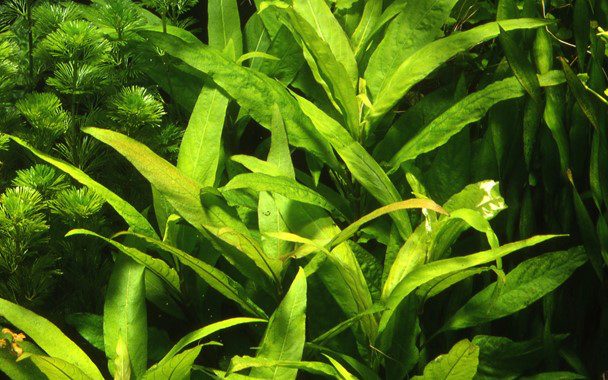 |
ANUBIAS SPECIES Plantation Zone: Middleground Height: 15-20 cm |
|
|
|
|
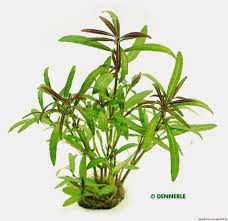 |
Aponogeton crispus |
|
|
|
🛑 Rare/Limited |
 |
Aponogeton distachyos |
|
|
|
🛑 Rare/Limited |
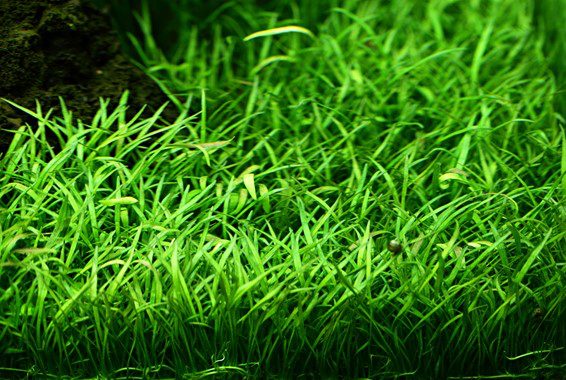 |
Beginner Intermediate Advanced Top picture is botanical artists impression |
|
|
|
|
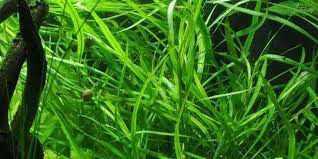 |
BEST: The Walstad Method Soil-Base, Natural Balance |
|
|
|
|
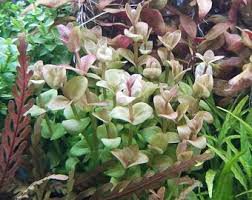 |
BETTER: Commercial Planted Aquarium Mix |
|
|
|
|
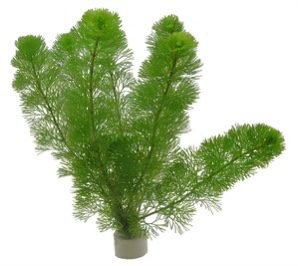 |
Blyxa aubertii |
|
|
|
|
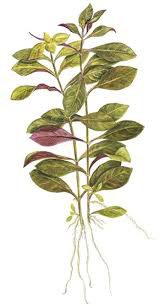 |
Bolbitis deforms |
|
|
|
— T°: 10-25ºC ✦Hight 5 -10 cm ✦Suggested position Attached to wood/ rock |
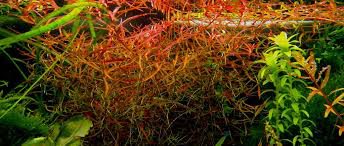 |
Bolbitis Quoyana |
|
|
|
— T°: 10-25ºC ✦Hight 5 -10 cm ✦Suggested position Attached to wood/ rock |
 |
Botanical names with common names below. |
|
|
|
|
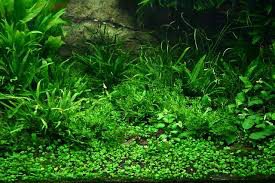 |
Bottom left picture is typically how plant is sold |
|
|
|
|
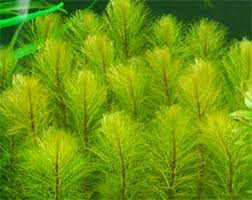 |
Bottom right picture is how the plant looks in an aquarium setting |
|
|
|
|
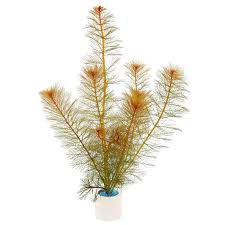 |
Bucephlandra brownii Bucephlandra Mini boyan Bucephlandra Titan4 Bucephlandra Royal Blue |
|
|
|
|
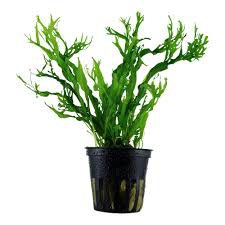 |
Deeper tanks need proportionally stronger lighting. |
|
|
|
|
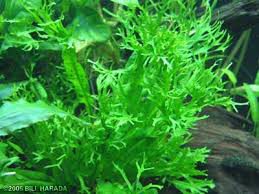 |
Depth vs Light Power |
|
|
|
|
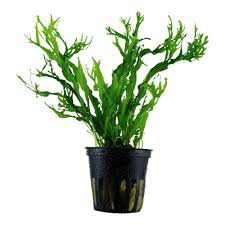 |
GOOD: Classic Gravel or Inert Sand |
|
|
|
|
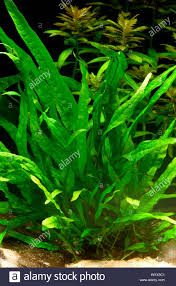 |
Grow Thriving Aquatic Plants |
|
|
|
|
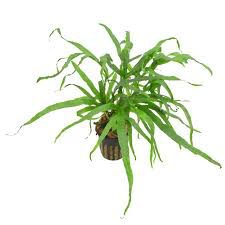 |
High is full spectrum high end LED good ones normal cost as much as your entire tank system starting from $250 up |
|
|
|
|
 |
High is full spectrum High end LED |
|
|
|
|
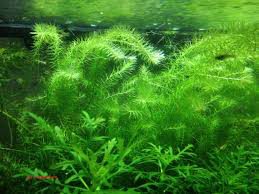 |
Human Visible Light Spectrum 500–675 nm |
|
|
|
|
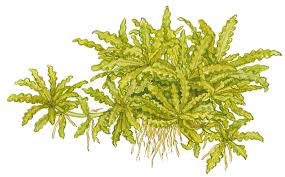 |
Human vision peaks in yellow-green, but misses UV & IR at the edges. |
|
|
|
|
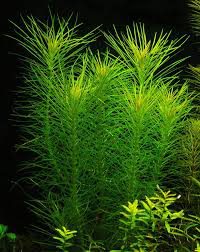 |
Key Notes: |
|
|
|
|
 |
Lighting is important to note |
|
|
|
|
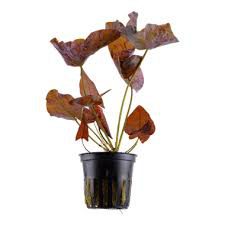 |
Located in the Armadale hills area of Perth, Western Australia |
|
|
|
|
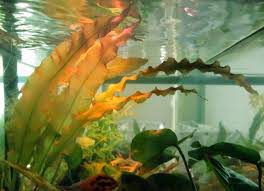 |
Low is classed as budget LED or domestic Fluorescent |
|
|
|
|
 |
Low is classed as budget LED or domestic Fluro |
|
|
|
|
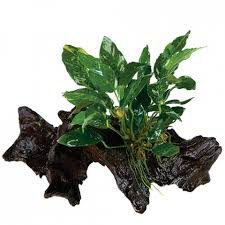 |
Ludwigia cuba |
|
|
|
🛑 Rare/Limited |
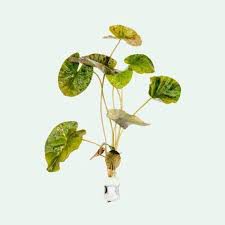 |
Ludwigia pantanal |
|
|
|
🛑 Rare/Limited |
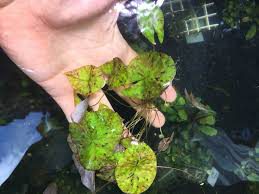 |
Ludwigia white |
|
|
|
🛑 Rare/Limited |
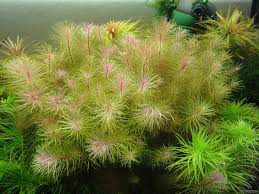 |
Medium is T5 / T8 Fluro Or Specialised Aquarium LED units |
|
|
|
|
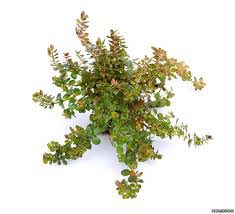 |
Microsorum pteropus |
|
|
|
— T°: 10-25ºC ✦Hight Up to 20cm ✦Suggested position Attached to wood/ rockMicrosorum pteropus |
 |
Most commercial T5 fixtures, and almost all commercial LEDs come with a spectrum that I find to be deficient in red. This is especially so for LED fixtures that use purely white diodes. They will have a similar overall spectrum profile as the 6500K plain white LED diode above, which may grow plants ok, but give poor visual saturation & contrast and also is poorer at growing red plants compared to fixtures with higher red spectrum in their profile. As a general rule of thumb we suggest you spend as much on your lighting you spend on your aquarium! |
|
|
|
|
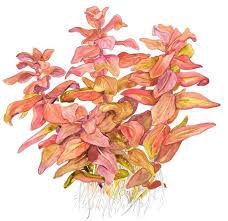 |
MOST STANDARD AQUARIUM LIGHTS ARE DEFICIENT A 6500k plain white LED diode (left) vs a 2700k warm white LED diode (right). These are commonly used for household lighting & often make up the bulk of cheap aquarium LED light fixtures. Plain white 6500K diodes lack adequate red spectrum, which is why using LED fixtures with plain white LEDs often result in washed out visual colors, and poorer pigmentation in red plants even though plants may still grow. Warm white LEDs often work better for growing plants, however, they cast a yellowish visual tone on the tank as they lack adequate blue spectrum. |
|
|
|
|
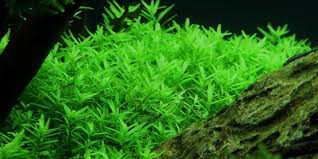 |
Nymphaea maculate |
|
|
|
|
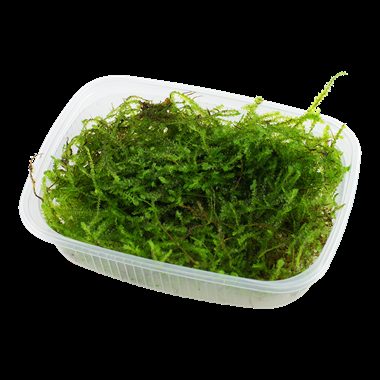 |
Picture below is an example of our Large Aquarium 200-400Ltr plant pack |
|
|
|
|
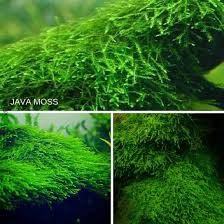 |
Plant Response Curve 350–750 nm |
|
|
|
|
 |
Plants extend light use into UV & IR, invisible to humans. |
|
|
|
|
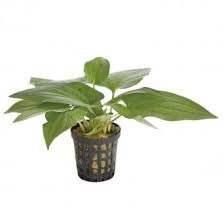 |
Pogostemon erectus |
|
|
|
|
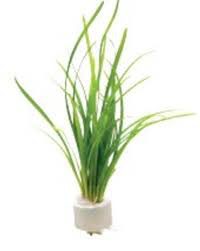 |
Pogostemon helferi |
|
|
|
|
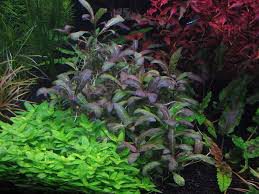 |
Riccia fluitans ( Crystalwort )✦Difficulty Beginner ✦Substrate N/A |
|
Medium - High ✦pH value 6.8-7.0 ✦Water Hardness not critical ✦Temperature 20- 25ºC ✦Hight Floating Plant ✦Suggested position Surface FLOATING. |
|
|
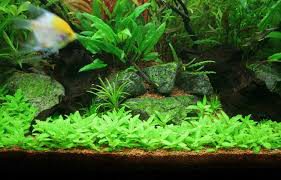 |
Rotala macrandra |
|
High ✦pH value Not critical ✦Water Hardness not critical ✦Temperature 25ºC ✦Hight 45cm ✦Suggested position mid/background |
|
|
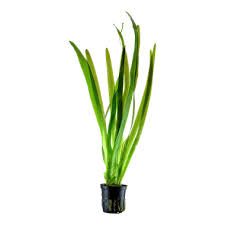 |
Rotala vietnam |
|
High ✦pH value Not critical ✦Water Hardness not critical ✦Temperature 25ºC ✦Hight 45cm ✦Suggested position mid/background |
|
|
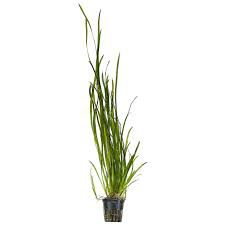 |
Rotala wallchici |
|
High ✦pH value Not critical ✦Water Hardness not critical ✦Temperature 25ºC ✦Hight 45cm ✦Suggested position mid/background |
|
🛑 Rare/Limited |
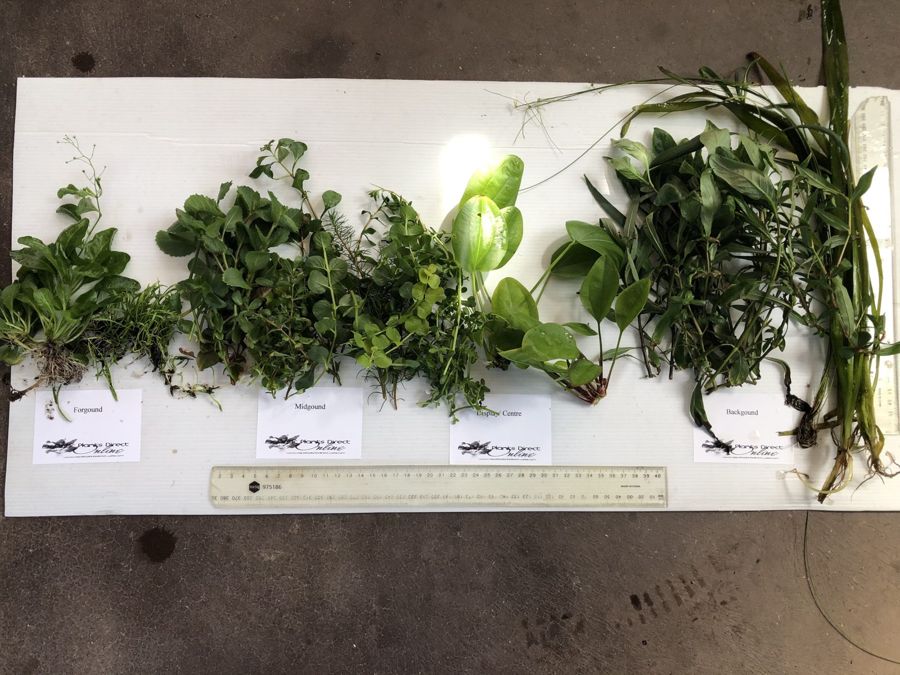 |
Saururus cernuus ( Lizards Tail )✦Difficulty Beginner ✦Substrate plain washed sand |
|
Medium - High ✦pH value Not critical ✦Water Hardness not critical ✦Temperature 25ºC ✦Hight 90cm ✦Suggested position centre / display /background |
|
|
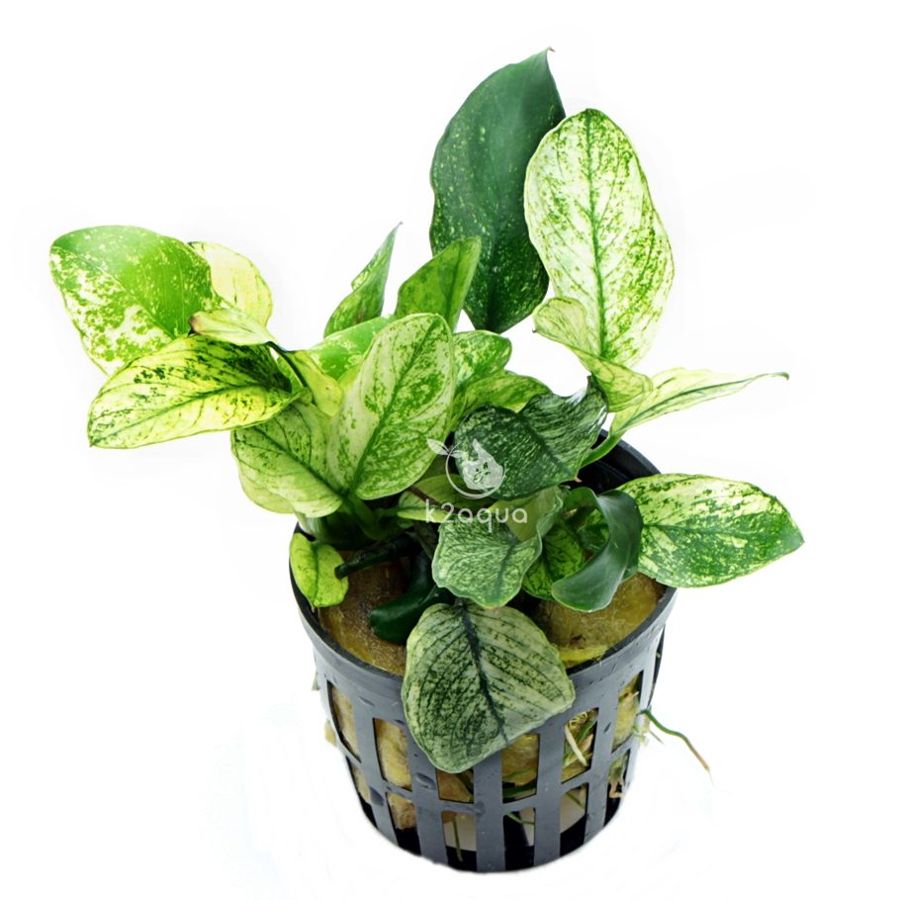 |
SUNSET |
|
|
|
|
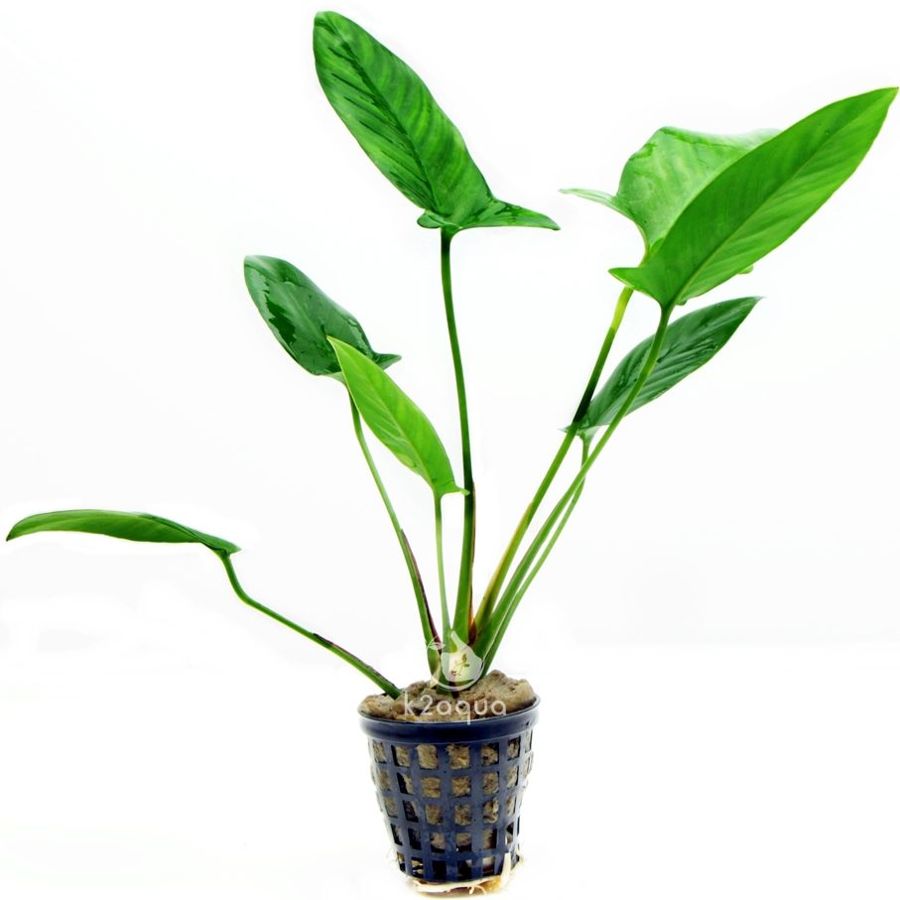 |
Table top left lists correct growing conditions |
|
|
|
|
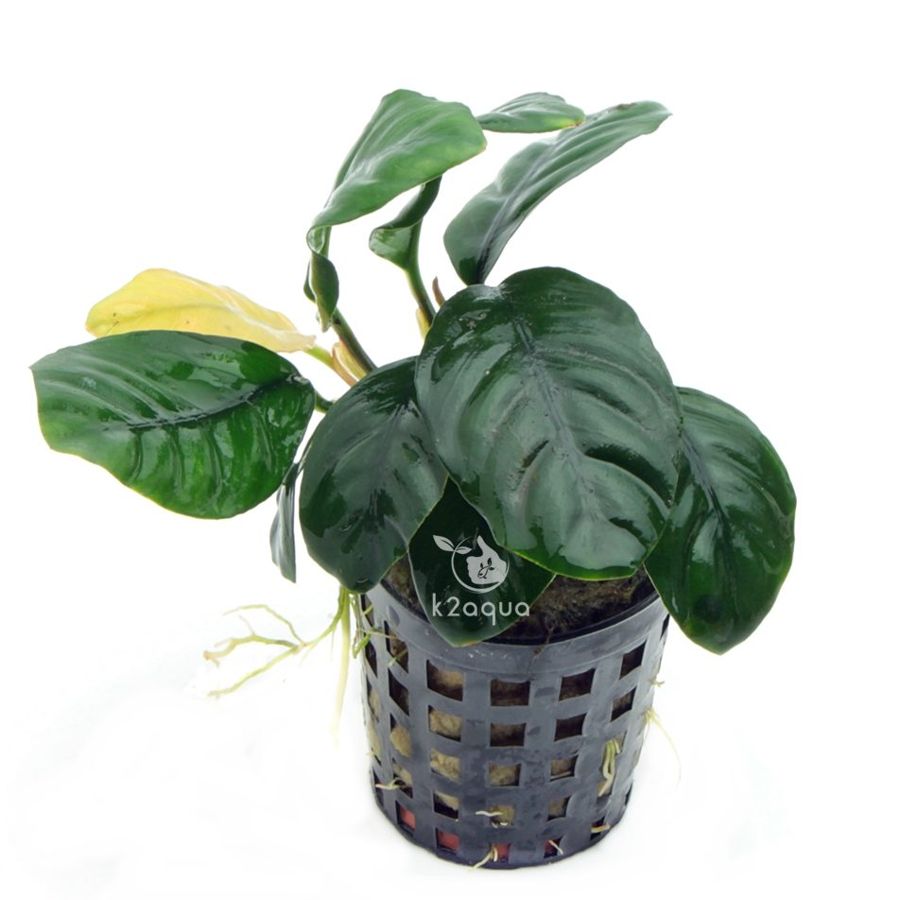 |
The degree of difficulty in growing is classified as either |
|
|
|
|
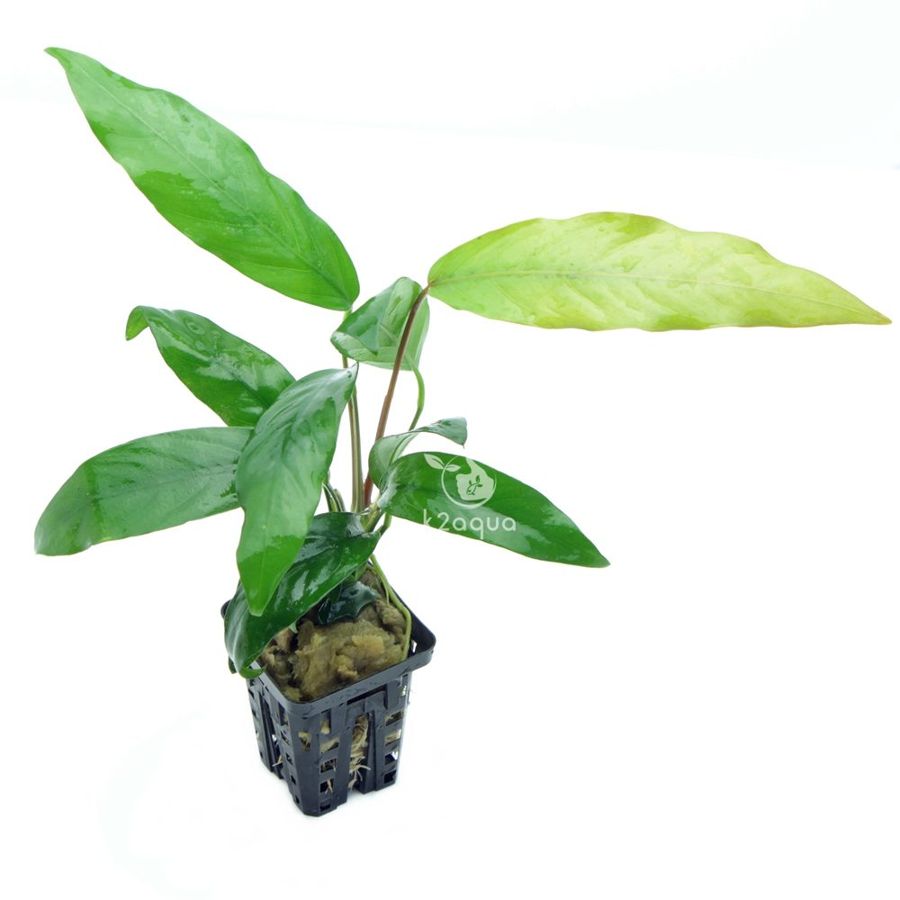 |
Visible Light vs Plant Response PAR |
|
|
|
|
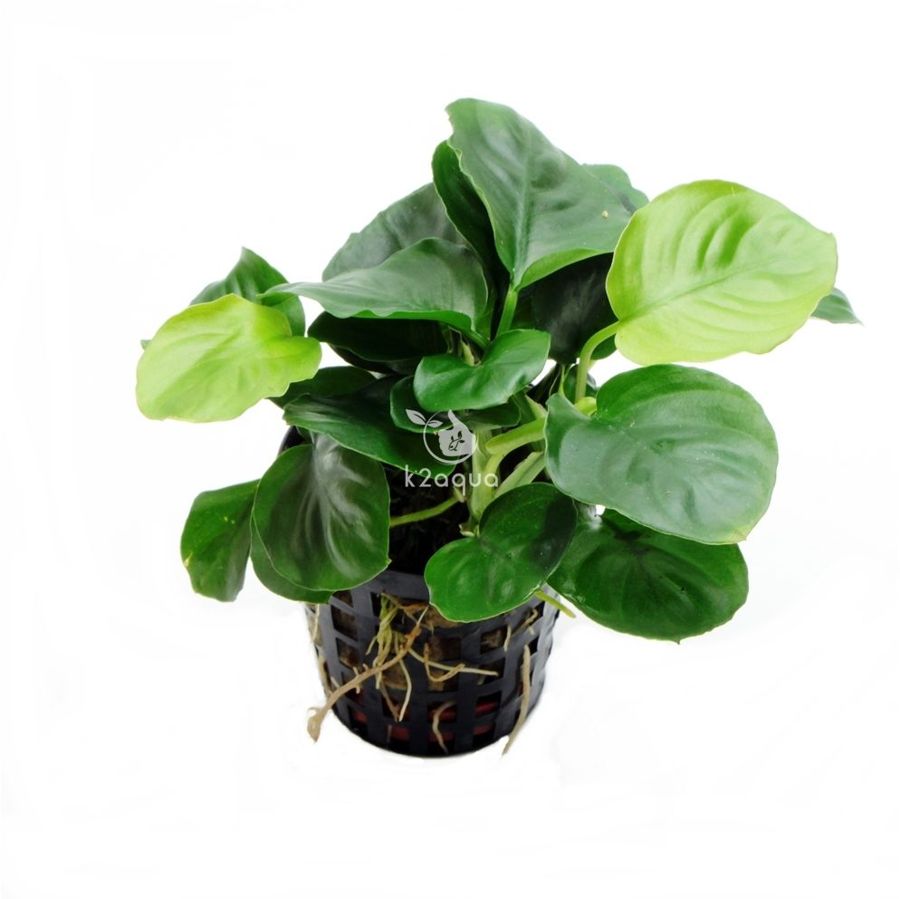 |
You get what you pay for!! **Algae is a result of things not in balance most plants take a few weeks to settle in. Algae treatments will and do kill plants DO NOT USE THEM! |
|
|
|
|